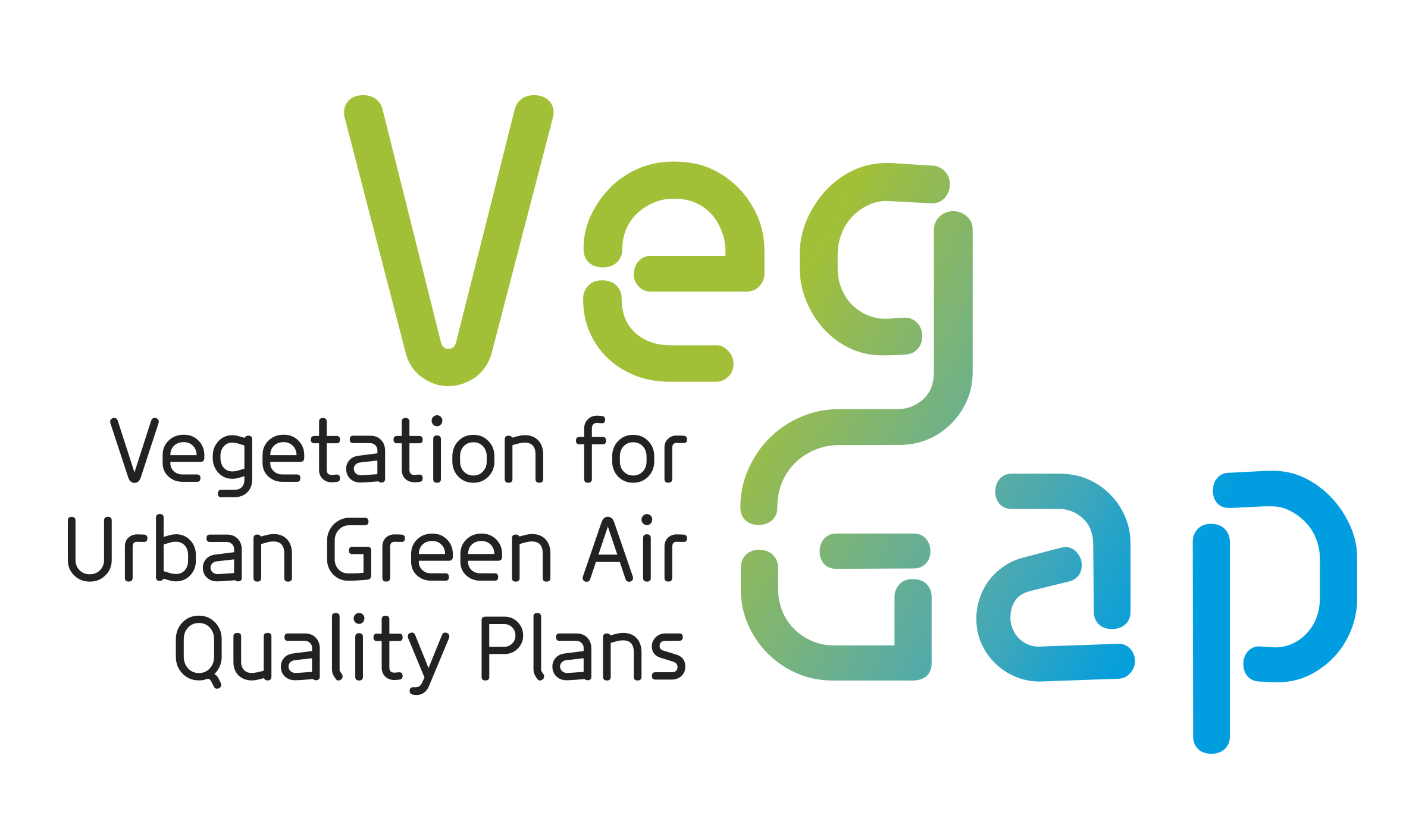Which and how much is the diversity of
trees on the streets of cities around the world? The Diversitree project collects and processes important information
about urban nature, including in the city of Bologna. Diversitree is carried
out thanks to the European project Connecting Nature, in close collaboration with MIT Senseable
City Lab and UCD Spatial Dynamics Lab, and has doctor Nadina Galle as
research coordinator.
The diversity of ‘street trees’ is an important factor in ensuring healthy urban forests and providing ecosystem services to billions of city dwellers. The Diversitree project uses open-source tree inventory data to examine the diversity of species, types and families of trees in eight cities around the world (Amsterdam, Buenos Aires, Cambridge, Melbourne, Oslo, Paris, Vancouver and Bologna) and to compare the situation between the cities and outer areas.
Understanding the diversity of street trees and patterns of spatial variation across cities internationally can therefore provide the necessary evidence to enable professionals to better direct choices and actions at local and global levels.
Diversitree project researchers measure urban tree networks using the 10/20/30 rule, which suggests that an urban forest shouldn’t be more than 10% of a species, 20% of a genus and 30% of a family. Diversity indices - Shannon Index and Simpson Index – are also used to account for the abundance and evenness of species in the city.
On the project’s website you can find out which trees are predominant in each city and explore detailed maps by zone and street. Those interested in replicating the experience and calculating the diversity in their own city as well can refer to Diversitree’s Github.
There is also a scientific paper (downloadable in pdf), produced by the researchers, for those who want to learn more about the topic.
In addition to being an incubator for the development of new project ideas and scientific research, Connecting Nature now also offers new opportunities to directly connect the growing global market demand for nature-based solutions (from public and private sector "buyers") with the supply side (innovative companies developing new sustainable solutions). Thanks to its platform https://www.naturebasedenterprise.eu/ it is indeed possible to register to its community dedicated to Nature-Based Organisations, an international network of organizations operating in the field of nature-based solutions, of which the Metropolitan City of Bologna is an ambassador. Registration to the platform is free of charge, and allows its members to stay up-to-date on opportunities and events, and to promote their initiatives in more than thirty-six countries.


